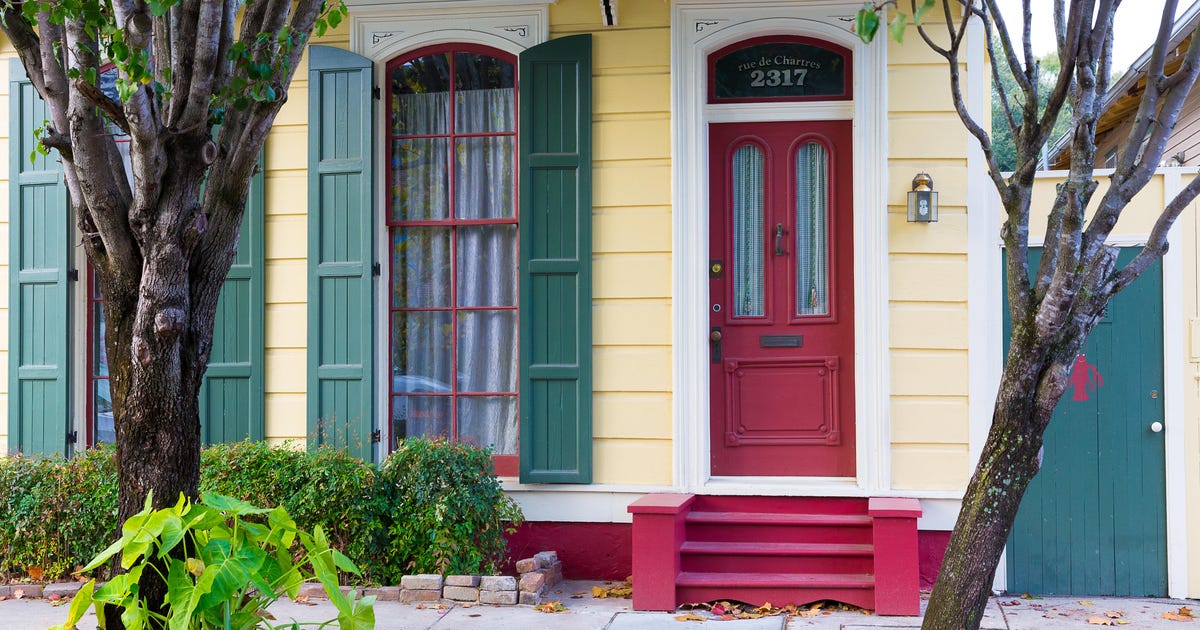How many millennials are buying homes how are millennials buying houses will millennials buy homes millennials buying a home millennials and buying homes why millennials aren t buying homes millennials buying smaller homes millennials and buying homes millennials buying a home millennials buying homes buying habits of millennials

Millennials are buying more homes, ahead in mortgage applications for 2021
Millennials applied for more mortgages than any other generation so far this year. More than half of home purchase mortgage applications (51%) were submitted by those between the ages of 26 and 41, according to a recent analysis by data analytics firm Corelogic.
The report accounts for all mortgage applications, approved or not, from January 2021 to August 2021. Roughly two-thirds of first-time mortgage applicants (67%) and more than one-third of repeat applicants (37%) were millennials, representing a 5% overall increase from 2019. According to the Pew Research Center, the millennial generation includes those born between 1981 and 1996.
Why did millennials take longer to get into the market?
Many of the factors are macroeconomic. Millennials came of age during an extended series of challenges, including graduating into a recession, working through a period of stagnant wages and enduring mounting student debt (not to mention a range of other financial strains). As such, millennials have been slower than previous generations to embrace homeownership. But they've been quietly solidifying their presence as a market force for a number of years, taking over the top spot in mortgage applications. Today, they comprise 37% of the overall housing market, according to Bankrate.
The recent proliferation of digital-first lenders and more tech-savvy realtors may have encouraged more millennials to enter the housing market: Nearly 40% of millennial respondents said they would feel comfortable buying a home online, compared with significantly lower percentages of baby boomers and Generation X respondents. Another factor may be a decrease in buyers from other groups, according to Corelogic, as the percentage of older generations in the market declines. The COVID-19 pandemic also disrupted the longer-term trend of baby boomers staying put and moving less frequently, behavior that had been causing a headache for millennials prior to the pandemic.
Why does it matter that millennials are buying homes?
Although they're showing up in greater numbers to participate in today's ultracompetitive housing market, millennials are still running out of time to build wealth -- which is why rising homeownership rates and historically low interest rates have come at an ideal time for a generation struggling to hit milestones that were achieved more quickly and easily by their boomer parents.
And, because homeownership has long been a crucial element to growing net worth, there may be longer-term impacts of delaying it. Nevertheless, there are new reasons for prospective millennial homebuyers to be hopeful. Following last week's announcement from the Fed, interest rates remain quite low, preserving the opportunity for Americans looking to apply for a mortgage (or refinance). And that goes for millennials and everyone else: If you've been considering applying for a mortgage or refinancing, now is a good time to do it -- regardless of your generation.
Where do millennials want to live?
Babies born in the '80s and '90s applied for more mortgages in areas that have higher salaries on average or more affordable housing options. In 2021, millennial buyers were most interested in regions with a lucrative tech job market such as San Francisco, Austin and Seattle, as well as less expensive metro areas like Salt Lake City, Milwaukee and Buffalo. The factors millennials take into consideration during the homebuying process include "home affordability, employment opportunities, flexibility to work remotely, local tax rates and preference for open spaces," according to Corelogic.
Source



